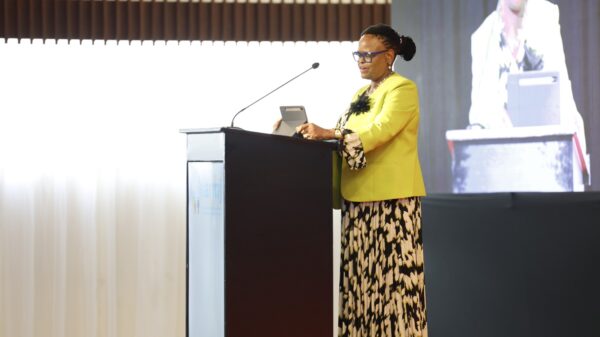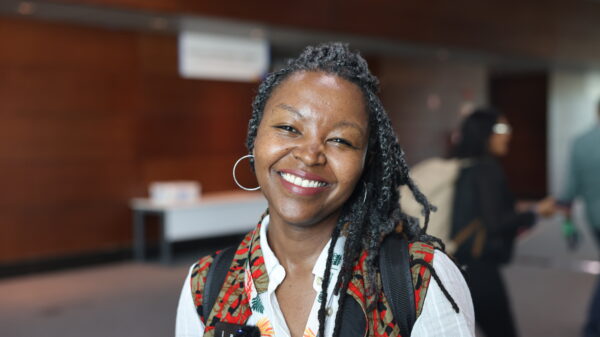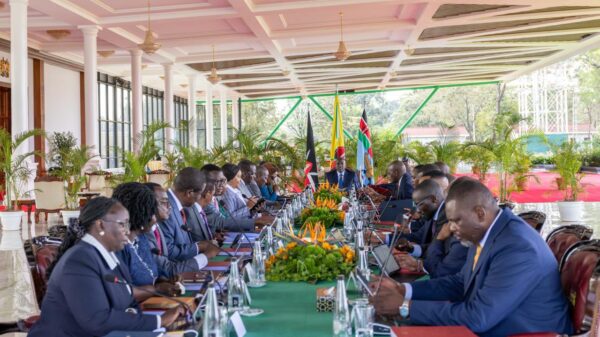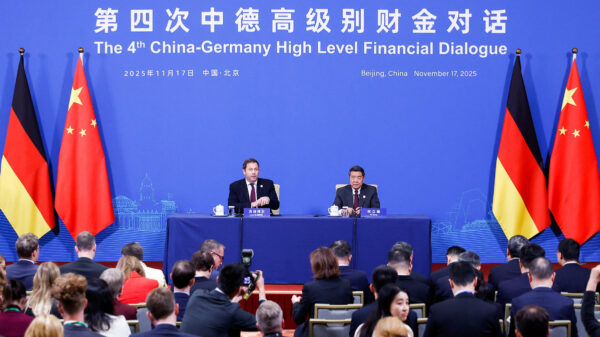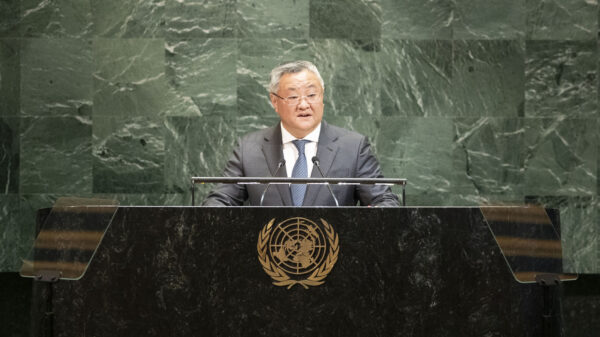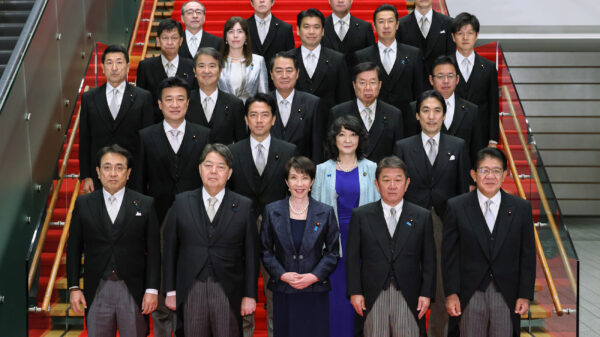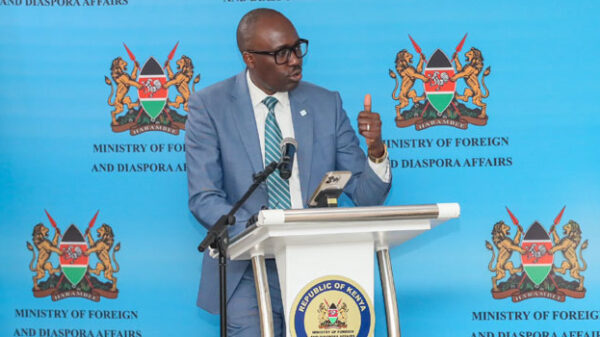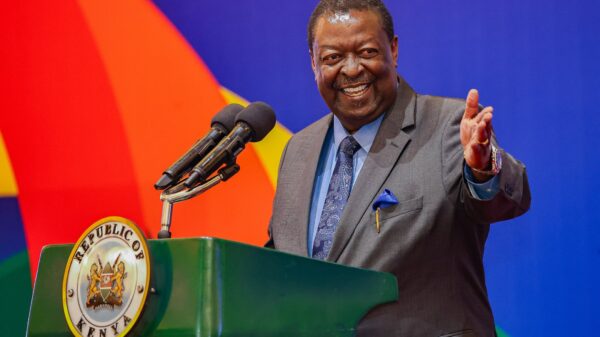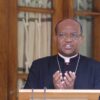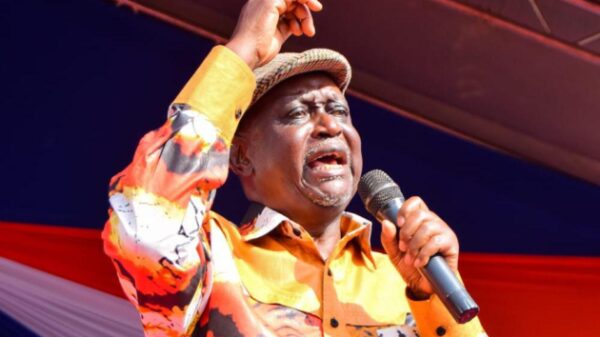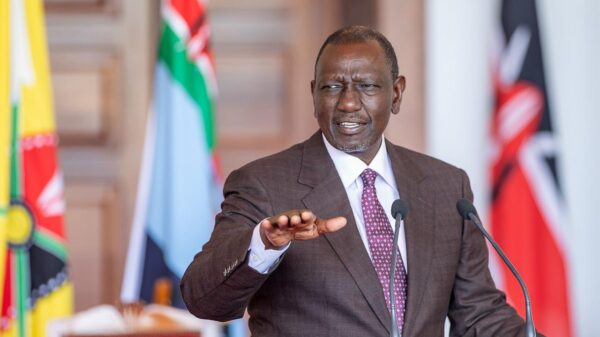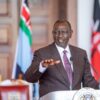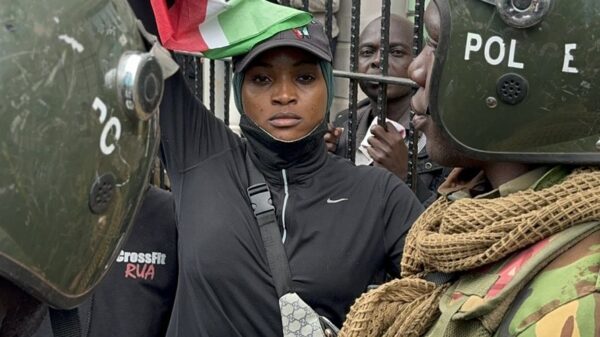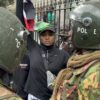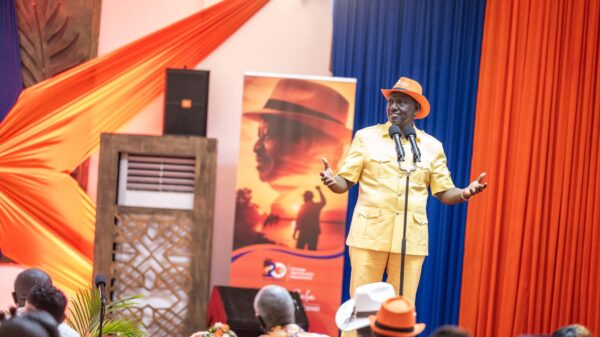NAIROBI, Kenya, Oct 4 — President William Ruto has reignited controversy over political donations to the church after publicly demanding recognition from the Pentecostal Assemblies of God (PAG) for a Sh10 million contribution that previously split the denomination’s leadership.
Speaking during the PAG Church’s centenary celebrations in Nyang’ori, Vihiga County, Ruto accused the church of failing to acknowledge his past support — a move he said could affect his willingness to continue funding religious projects.
“I promised to help this church last time and gave a donation of 10 million shillings, but I have not heard you acknowledge that,” he said.
“How am I supposed to add more donations if you failed to recognize the last one?”
While praising PAG’s “uplifting” sermon, the President appeared to take a swipe at unnamed churches that, he claimed, are quick to criticize the government but silent on its good deeds.
“The church has always been complaining that this and that has not been done. But today’s sermon was a bit different,” he added.
The Sh10 million donation to PAG, had sparked internal divisions, with Archbishop Patrick Lihanda later acknowledging that the gift had created friction among clergy, some of whom felt it blurred the line between faith and political patronage.
At the time, reports suggested that parts of the PAG hierarchy were uneasy with how the donation became politically charged, deepening mistrust within the church.
Now, at the church’s 100-year celebration, Ruto’s demand for acknowledgment has revived those old wounds.
Adding to the controversy, the President pledged an additional Sh50 million toward the construction of a new PAG headquarters in Vihiga County during the same event.

Feud with Catholics, Anglicans
Ruto’s comments exposed his uneasy relationship with the clergy, coming amid a broader standoff with the Catholic and Anglican churches, whose leaders have rejected donations from politicians.
In November 2024, the Catholic Archdiocese of Nairobi, under Archbishop Philip Anyolo, turned down contributions from Ruto and Nairobi Governor Johnson Sakaja, citing a Kenya Conference of Catholic Bishops (KCCB) policy barring the receipt of gifts from political figures.
The bishops argued that accepting such donations could compromise the Church’s independence and moral authority.
The Anglican Church of Kenya, led by Archbishop Jackson Ole Sapit, soon followed suit, affirming that clergy must remain neutral and avoid being drawn into partisan politics — part of a long-standing effort to separate the pulpit from the political podium.
Ruto, however, has consistently defended his church donations as acts of personal faith, not politics, saying his contributions reflect his Christian duty to support the church.





